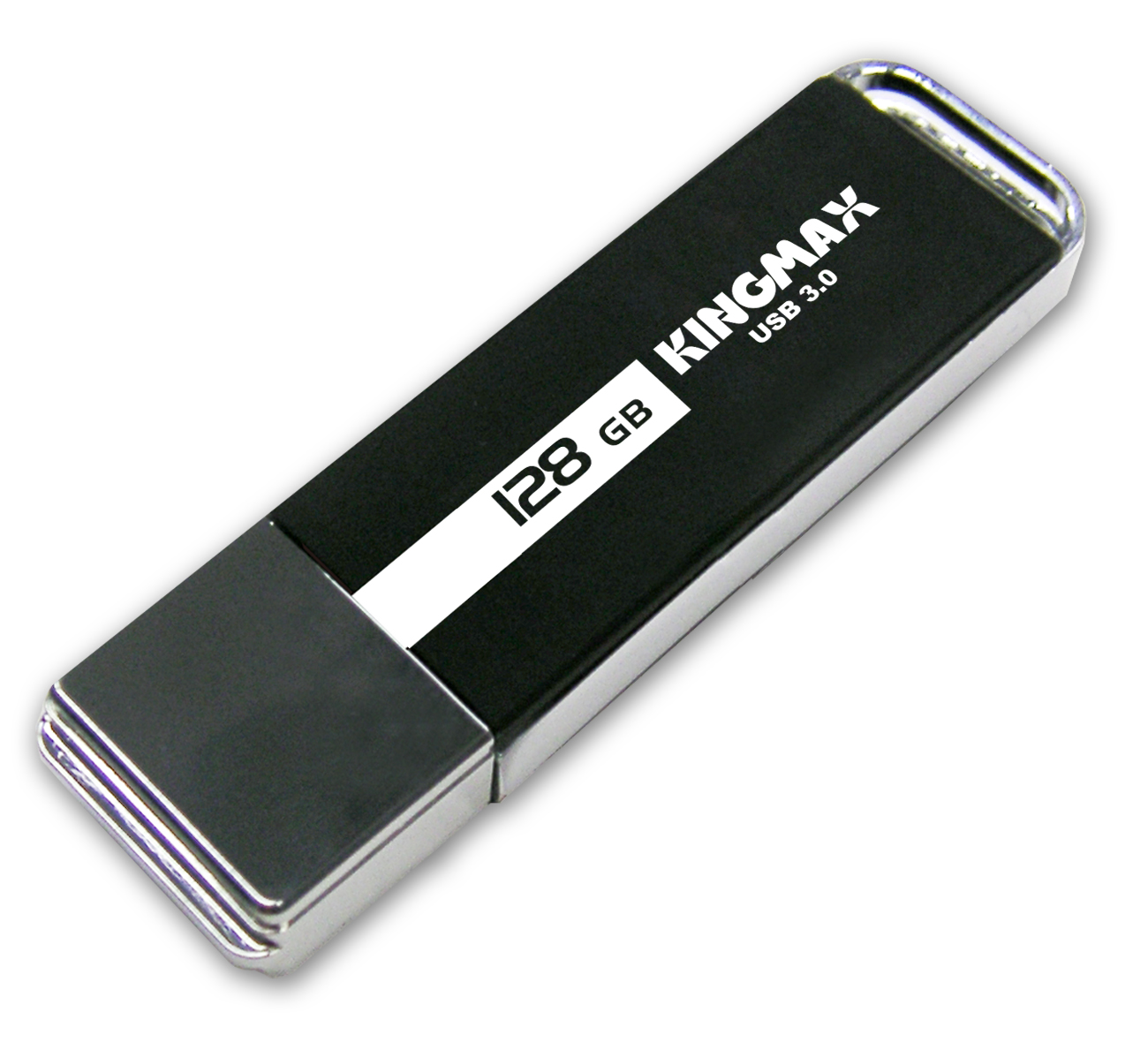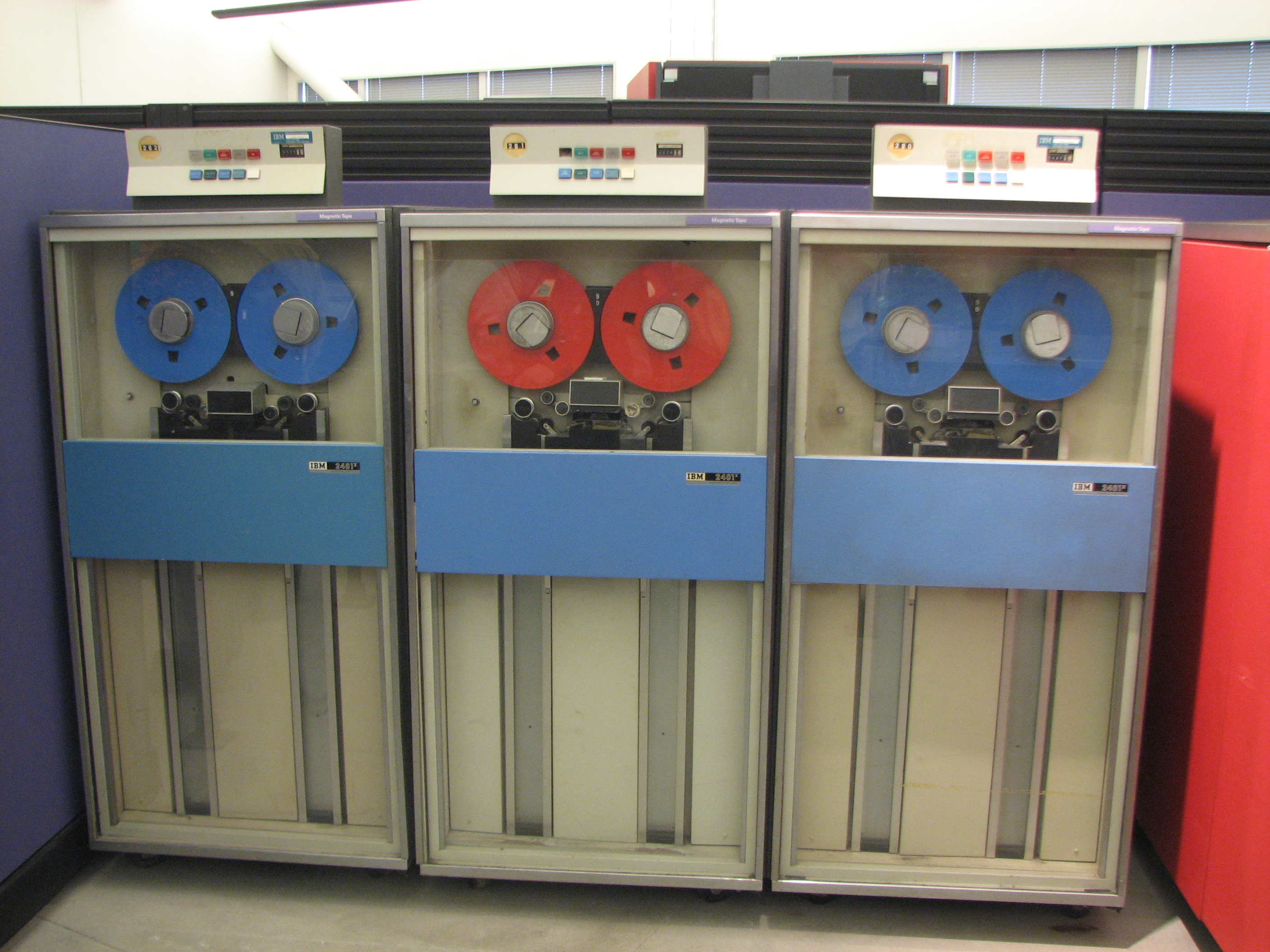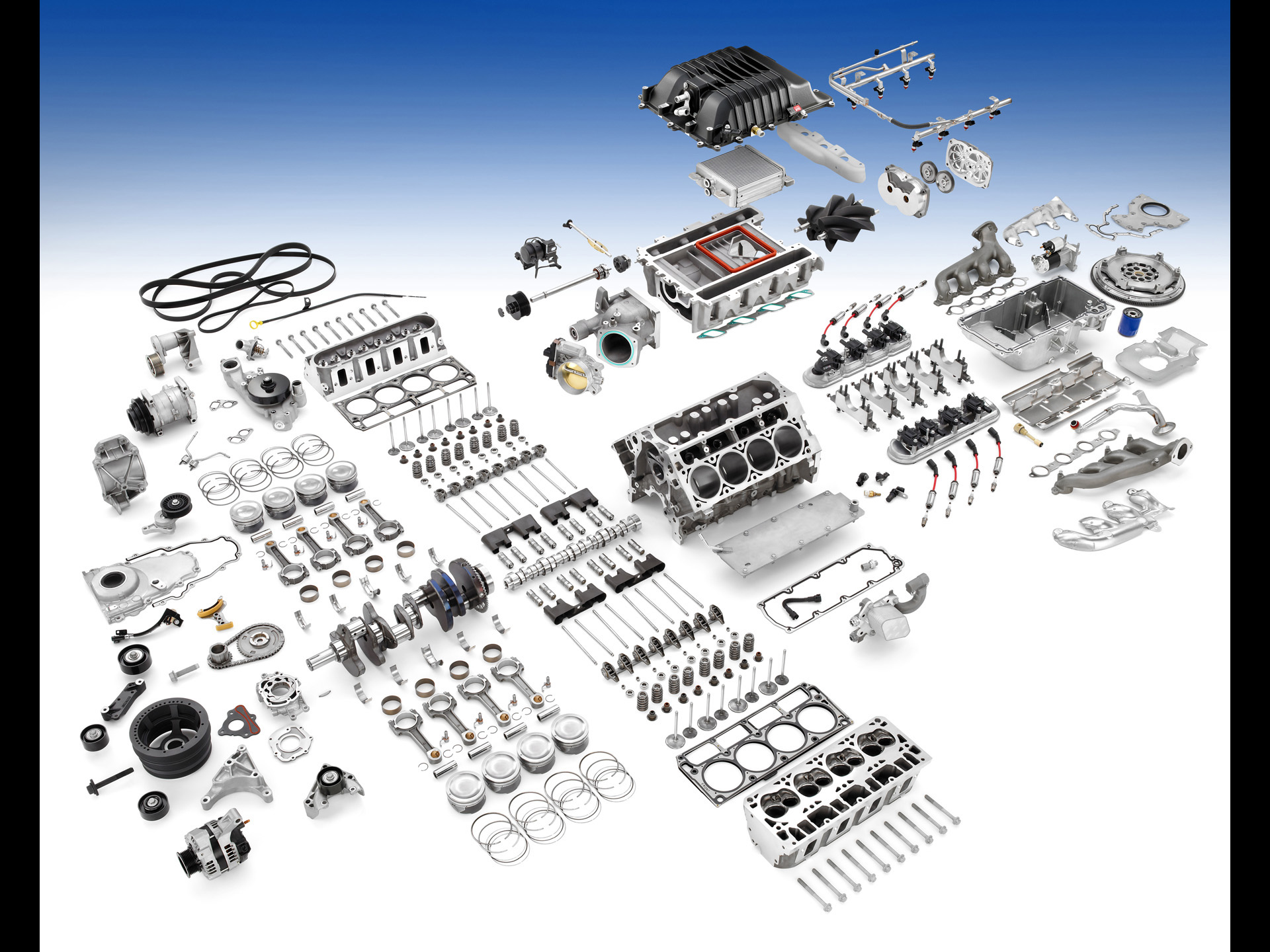travelover
Give me a museum and I'll fill it. (Picasso) Give me a forum ...
- Joined
- Mar 31, 2007
- Messages
- 14,328
I think I got this discussion going in the wrong direction by talking about my experiments with range.
...........
No, the problem is you went out and bought an electric car without permission from the experts here and now you have the nerve to be actually enjoying it.
Have you no shame?







